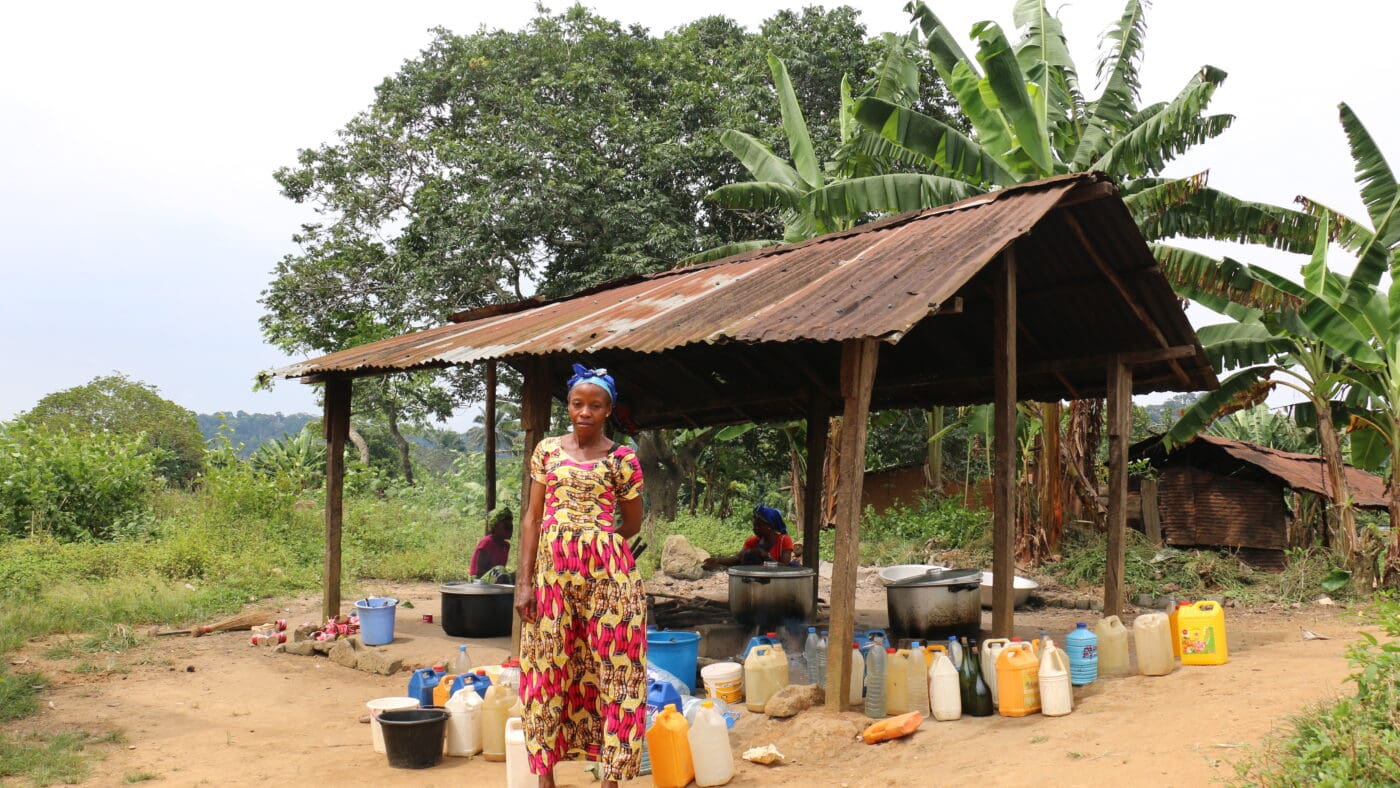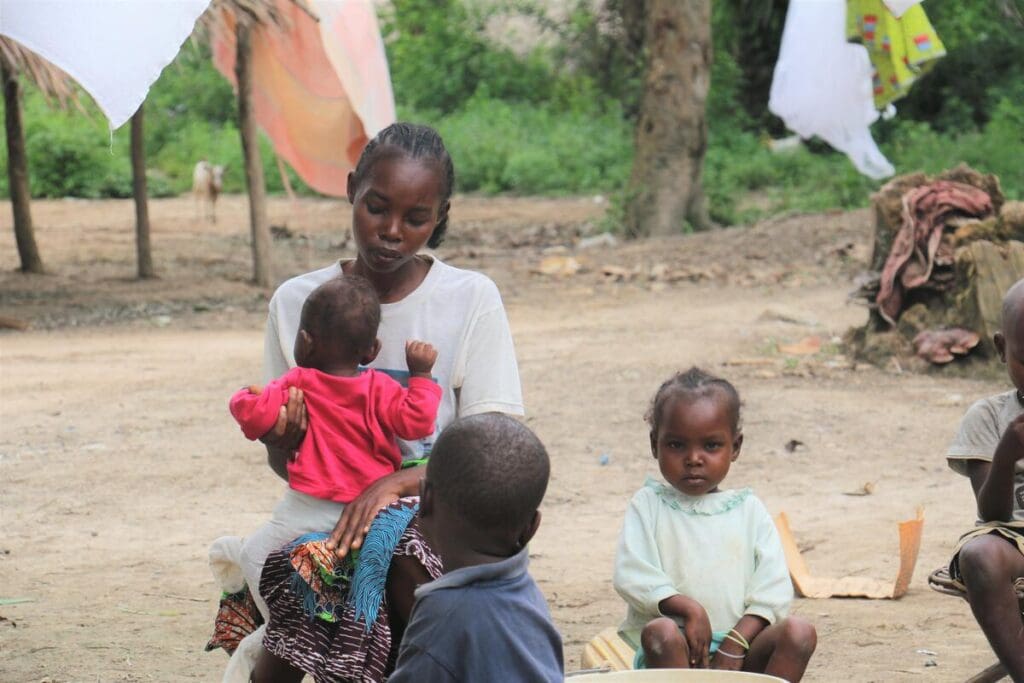
Republic of Congo
The Republic of Congo is a resource-rich, middle-income country, however, it continues to face high levels of poverty and inequality, recurring localized conflict and regional insecurity.
Multiple causes of hunger
Poverty, inequality and conflict are increasing the levels of malnutrition, food insecurity and displacement as families leave their homes in search of safety, incomes and better futures.
Agriculture is largely limited to subsistence crops and the Congo relies extensively on food imports from overseas.
The Republic of Congo faces a burden of malnutrition among children under 5, with the 21% of children stunted.

WFP’s Work in the Congo
WFP has been present in the Republic of Congo since 2000. The UN agency provides assistance to food-insecure populations via the following programs:

WFP is providing food assistance to the remaining 12,000 refugees from the Democratic Republic of the Congo, and to 21,000 refugees from the Central African Republic. These programs aim to improve food security and enhance resilience to shocks among the refugee populations.


WFP provides daily hot school meals to 166,000 children in areas that are most affected by malnutrition. Food is increasingly sourced directly from local farmers, with a special focus on schools in rural areas.


In 2021, WFP provided 1,138 smallholder farmers with technical support, training, and knowledge to increase their food production, storage and transport to markets. WFP works with women’s cooperatives to empower rural women and helps smallholder farmers adapt to climate change by strengthening climate-resilient rural livelihoods.

You Can Help Save Lives
When you donate, you help us deliver critical food relief to the most vulnerable people in The Republic of Congo and other countries around the world. You can make difference in someone’s life – send food today.